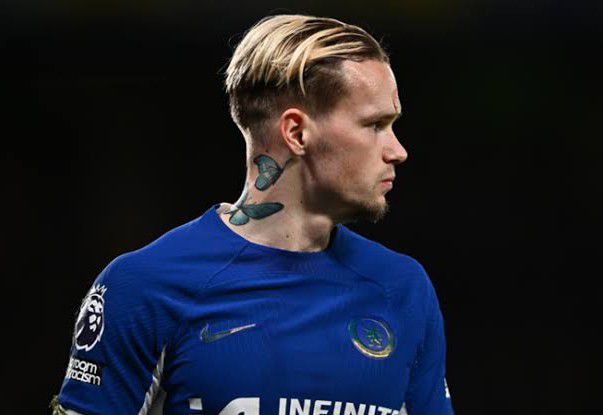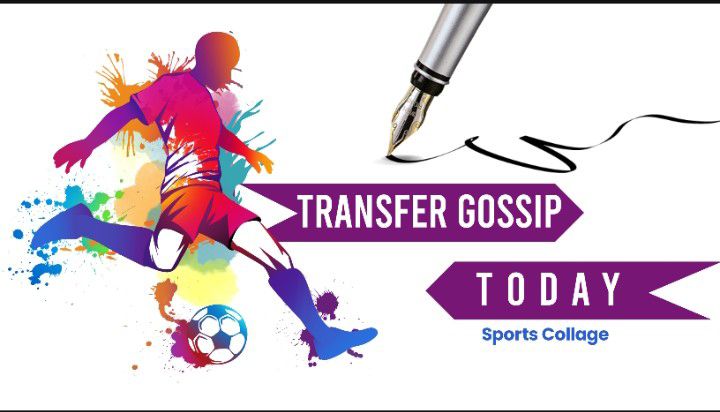
Chelsea winger Mykhailo Mudryk is under scrutiny after failing a doping test, raising concerns about a potential suspension from football.
As initially reported by Ukrainian outlet Tribuna on Monday evening, Mudryk’s ‘A’ sample from an October doping test revealed traces of a banned substance. In response, a request for his ‘B’ sample to be analyzed has been made to confirm the initial findings.
Mudryk has now been provisionally suspended while an official investigation is underway.
Chelsea’s Official Statement
Chelsea FC addressed the situation on Tuesday morning, stating:
“Chelsea Football Club can confirm the Football Association recently contacted our player Mykhailo Mudryk concerning an adverse finding in a routine urine test.
Both the club and Mykhailo fully support The FA’s testing programme and all our players, including Mykhailo, are regularly tested.
Mykhailo has confirmed categorically that he has never knowingly used any banned substances. Both Mykhailo and the Club will now work with the relevant authorities to establish what has caused the adverse finding.”
Timeline of Events
Mudryk, who joined Chelsea from Shakhtar Donetsk in a staggering £89 million deal in January 2023, has not featured for the Blues since their 2-0 victory over FC Heidenheim in the Conference League on November 28.
The 23-year-old was on the bench for Chelsea’s 3-0 win over Aston Villa on December 1 but did not play.
He has been absent from Chelsea’s last four matchday squads, with manager Enzo Maresca citing “illness” as the reason for Mudryk’s exclusion from games against Southampton and Tottenham earlier this month.
Read Also: Barcelona Forward Lamine Yamal Ruled Out for Four Weeks After Ankle Ligament Injury
Mudryk also missed training sessions prior to Chelsea’s recent wins over Astana and Brentford.
Potential Consequences Under WADA Rules
Under the World Anti-Doping Agency (WADA) Code, athletes who fail doping tests can face suspensions of up to four years.
A recent example includes Paul Pogba, who tested positive for dehydroepiandrosterone (DHEA) in August. Pogba’s initial four-year ban was later reduced to 18 months following a successful appeal, making him eligible to return to football in March 2025.
What’s Next?
Chelsea, along with Mudryk and his representatives, are now working with relevant authorities to investigate the cause of the adverse finding. Both Ukraine’s Football Association and the National Anti-Doping Centre have been informed, and further developments are expected as the investigation progresses.
For now, Mudryk remains sidelined as he awaits the outcome of the analysis and subsequent decisions.


